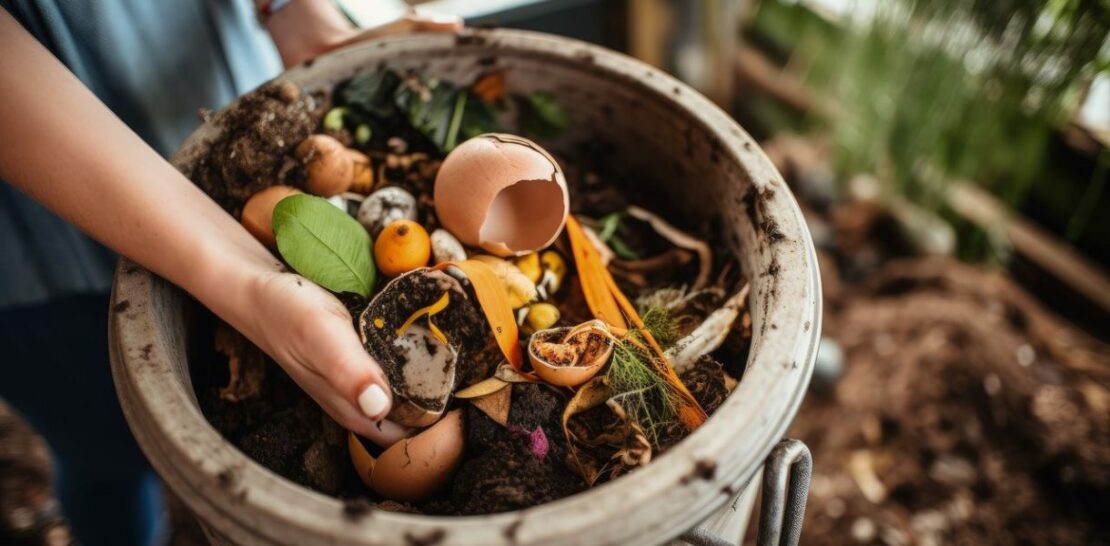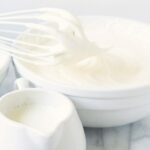Composting is an immensely rewarding and environmentally friendly practice that allows individuals to recycle their organic waste into nutrient-rich soil amendments.
A well-maintained compost pile can benefit gardens, lawns, and houseplants by providing essential nutrients that promote plant growth and health.
However, not all food scraps are suitable for composting, and including the wrong types of materials in your compost pile can lead to undesirable results, such as unpleasant odors, slowed decomposition, and harmful pathogens.
In this comprehensive article, we will delve deeply into the different types of foods you should avoid incorporating into your compost heap for the best possible results.
The Meat of the Matter: Why Animal Products Are Problematic
One of the first categories of food scraps that should be omitted from your compost pile is animal products, which include meat, bones, and animal-derived fats. There are several reasons why these items can create complications in your composting endeavors.
- Attracts Pests: Meat scraps and bones can attract unwanted visitors to your compost pile, such as rodents and insects. These pests can not only disrupt the decomposition process by digging up and scattering your compost materials, but they can also carry diseases and create unsanitary conditions.
- Slow to Decompose: Animal products, particularly bones and cartilage, have a high density and are more resilient to decomposition than most plant materials. As a result, they can take significantly longer to break down, which can slow down the overall composting process and lead to inconsistent results.
- Unpleasant Odors: The decomposition of animal products often produces a potent and offensive smell that can be quite unbearable. This is because the decay process releases volatile compounds, such as ammonia and hydrogen sulfide, which are responsible for the foul odor.
- Pathogens and Harmful Bacteria: Raw or cooked meat products can harbor harmful microorganisms, such as Salmonella and E. coli, which can multiply during the composting process and contaminate the resulting compost. These pathogens pose a significant risk to human health and can be inadvertently transferred to plants grown in the contaminated soil.
Dairy Dilemmas: The Case Against Composting Dairy Products
Another category of food wastes that should be avoided in your compost pile is dairy products, including but not limited to milk, cheese, yogurt, and butter. These items can contribute to several issues that negatively impact the composting process and the quality of the finished product.
- High Fat Content: Dairy products tend to have a high fat content, which can create a barrier around other compostable materials and slow down the breakdown process. Fats also have a tendency to become rancid, which can further exacerbate unpleasant odors in your compost pile.
- Creates an Imbalance: The addition of dairy products can create an imbalance in the carbon-to-nitrogen ratio, which is essential for efficient decomposition. Dairy products are high in nitrogen, and too much nitrogen can lead to a compacted, slimy compost pile that is difficult to manage.
- Spreads Pathogens: As with meat products, dairy products can also introduce harmful bacteria and pathogens to your compost pile. This is particularly true for unpasteurized milk and dairy products made from raw milk, which can contain dangerous microorganisms such as Listeria and Campylobacter.
- Attracts Pests: Dairy products, especially cheese, can attract pests such as rodents and insects to your compost pile. These pests can disrupt the composting process and pose a risk to your garden and overall sanitation.
Oily Obstacles: Disadvantages of Composting Cooking Oils and Grease
Used cooking oils and grease, such as vegetable oil, olive oil, and animal fats, are also unsuitable for composting due to the complications they introduce to the decomposition process. Let’s explore the reasons why incorporating these materials into your compost heap is counterproductive.
Impedes Decomposition: Oils and grease can coat compost materials, creating a water-repellent barrier that makes it difficult for microorganisms and decomposers to access the nutrients they need to thrive. This can significantly slow down the decomposition process and result in a less effective compost product.
Unpleasant Odors: Rancid oils and grease can produce a foul smell that may attract pests andcreate an unpleasant environment around your compost pile. These odors can also be indicative of anaerobic conditions, which are less efficient for decomposition and can lead to the production of methane, a potent greenhouse gas.
Increased Fire Risk: Cooking oils and grease are flammable substances, and their inclusion in your compost pile could pose a potential fire risk. While the likelihood of a spontaneous combustion event may be low, it is still a factor worth considering when deciding what materials to include in your compost heap.
Contaminates Compost: Oils and grease can persist in the finished compost product, potentially contaminating the soil and hindering plant growth. Some studies have shown that excessive amounts of oil in soil can disrupt the absorption of essential nutrients by plant roots, leading to stunted growth and other health problems.
Perilous Produce: Fruits and Vegetables to Exercise Caution With
While most fruits and vegetables are ideal candidates for composting, there are a few particular types that should be avoided or treated with caution due to their potential to introduce harmful substances or disrupt the composting process. Here are some examples of such problematic produce and their associated issues:
- Citrus Fruits: The peels of citrus fruits, such as oranges, lemons, and grapefruits, contain high levels of a compound called limonene, which can have a detrimental effect on the microorganisms responsible for decomposition. Additionally, citrus fruit peels are often coated with fungicides and other chemical residues that can contaminate your compost.
- Onions and Garlic: These pungent vegetables are known to have antimicrobial properties, which can inhibit the growth of beneficial bacteria in your compost pile. They should be used sparingly and well mixed with other compost materials to minimize potential disruption.
- Potatoes: The eyes of potato tubers can sprout and grow within your compost pile, creating a tangled mess and competing with other materials for nutrients. Additionally, potatoes affected by blight can introduce the disease to your compost, potentially contaminating plants grown in the amended soil.
- Walnuts: Walnuts contain a chemical called juglone, which can be toxic to certain plants and inhibit their growth. While the concentration of juglone in walnut shells is generally low, it is still a good idea to exercise caution and avoid excessive amounts of walnut waste in your compost.
In conclusion, while composting is an excellent method for recycling organic waste and improving soil health, it is crucial to be mindful of the types of food scraps you include in your compost pile. By avoiding problematic materials such as animal products, dairy products, cooking oils, and certain types of produce, you can help ensure that your composting efforts yield the best possible results. Maintaining a well-balanced and diverse mix of compostable materials will not only accelerate the decomposition process but also help to produce a nutrient-rich, safe, and effective soil amendment that can greatly benefit your garden and the environment as a whole. Happy composting!




